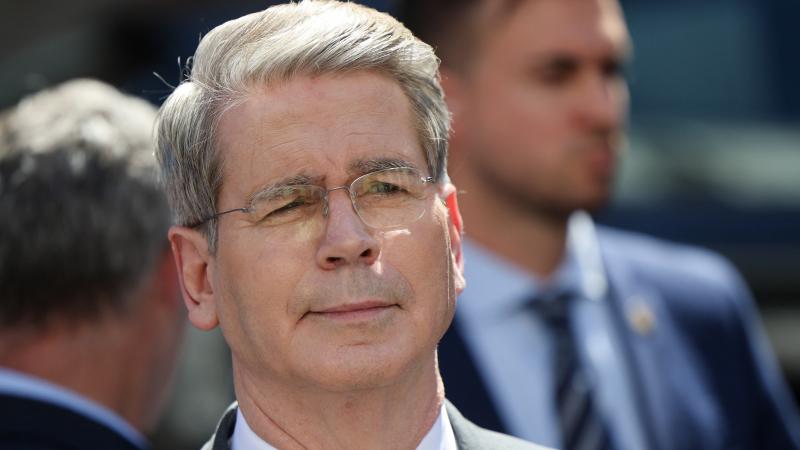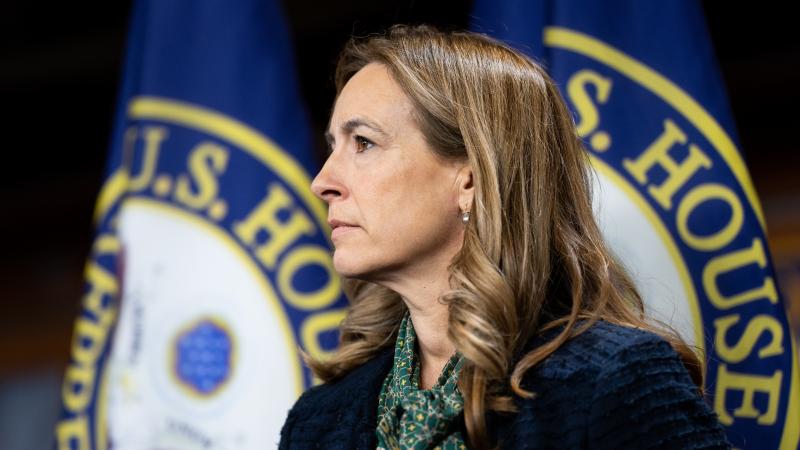U.S. borrowing hits $710 billion in first 3 months of fiscal year
Federal agencies, including the CBO, expect deficit spending to continue despite promises from Trump and others to cut the federal budget.
The federal government borrowed $710 billion in the first three months of fiscal year 2025, with 10 days before President-elect Donald Trump takes office.
The Congressional Budget Office reported $710 billion in borrowing, including $85 billion in the month of December, according to the latest Monthly Budget Review.
Federal agencies, including the CBO, expect deficit spending to continue despite promises from Trump and others to cut the federal budget.
Trump promised to cut "hundreds of billions" in federal spending in 2025 through the reconciliation process, a parliamentary procedure that allows Congress to expedite the passage of some federal budget legislation.
Trump's Department of Government Efficiency, run by Tesla boss Elon Musk and entrepreneur Vivek Ramaswamy, also promised to cut the federal government down to size. Earlier this week, Musk estimated DOGE could trim $1 trillion from the federal budget, a sizable amount considering discretionary spending totaled $1.7 trillion in 2023. Generally, Congress spends about half of its discretionary budget on the U.S. Department of Defense.
Maya MacGuineas, president of the Committee for a Responsible Federal Budget, said U.S. borrowing should be a focus as Trump takes office.
"As we start the new year ushering in a new administration and a new Congress, we must not lose sight of the fiscal challenges ahead," she said. "Our unsustainable debt isn't something we can just shy away from, as 2025 is packed full of fiscal deadlines. So far we've heard much about how lawmakers plan to spend more and tax less; we've heard much less about the opposite."
MacGuineas suggested no new borrowing and guaranteeing all tax cuts and spending increases are fully offset. That's a daunting challenge for lawmakers as they look to extend the tax provision in the 2017 Tax Cuts and Jobs Act, which the CBO estimated will cost about $4 trillion over the next decade.
Congress has run a deficit every year since 2001. In the past 50 years, the federal government has ended with a fiscal year-end budget surplus four times, most recently in 2001.
















